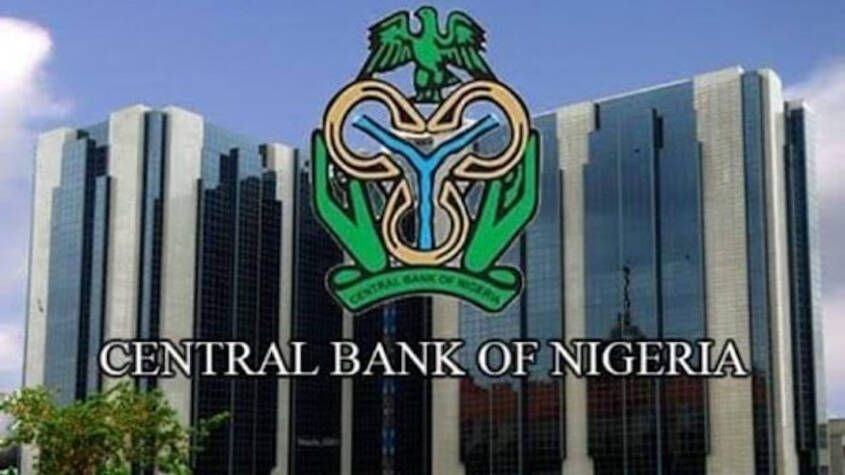The Central Bank of Nigeria (CBN) has directed all financial institutions to submit detailed monthly reports on the operations of their Point-of-Sale (POS) agents as part of efforts to enhance transparency, strengthen oversight, and reduce risks in the nation’s expanding agent banking network.
In a circular signed by Musa Jimoh, Director of the Payments System Policy Department, the apex bank mandated that the reports must capture comprehensive data on the nature, value, and volume of transactions conducted by each agent. Submissions are to be made no later than the 10th day of the following month.
The CBN listed key disclosures to include incidents of fraud, theft, or robbery at agent locations; details of customer complaints and remedial actions; classification of agents; operational breaches; and full agent information such as BVN, TIN, business address, and device specifications. Institutions are also required to document on-site visits, training on anti-money laundering, counter-financing of terrorism, fraud detection, and customer service.
“All returns submitted to the CBN shall be duly signed by the Managing Director/Chief Executive Officer and the Chief Compliance Officer,” the circular stated. It added that late submissions—beyond ten working days after the end of the reporting period—would be deemed a breach and attract regulatory sanctions.
The directive, which takes immediate effect, also reaffirmed the transaction limits introduced in December 2024, restricting POS agents to a maximum of ₦1.2 million in daily transactions and individual customers to ₦100,000. The limits are designed to curb misuse and promote financial integrity within the sector.
The latest regulation follows the CBN’s August directive requiring all participants in Nigeria’s payment ecosystem—including banks, microfinance institutions, and mobile money operators—to complete migration to the ISO 20022 messaging standard and implement mandatory geo-tagging of payment terminals by October 31, 2025.
According to the apex bank, these measures are aimed at standardising payment data, curbing financial crimes, and ensuring effective monitoring of electronic transactions across the financial system.
































